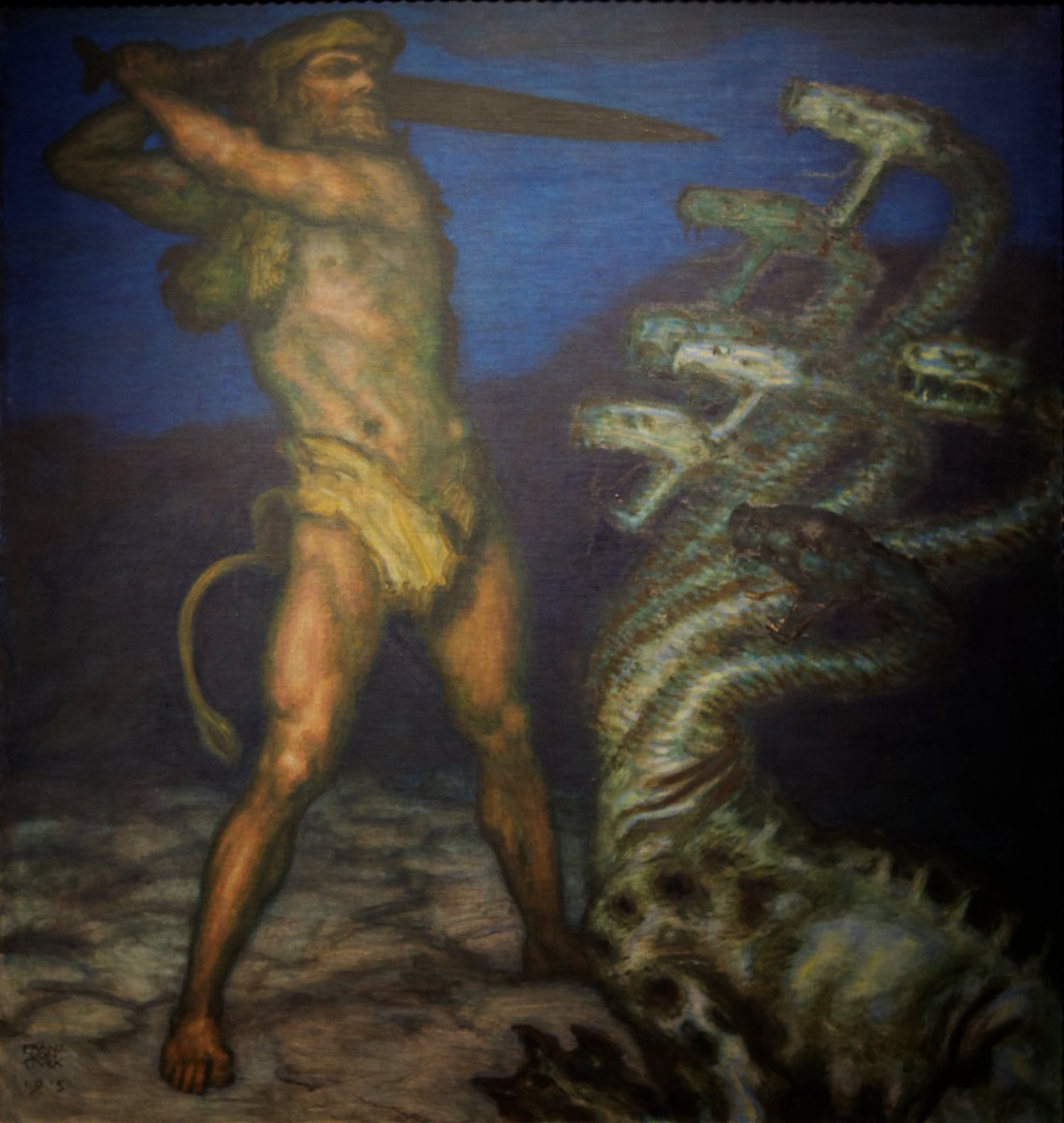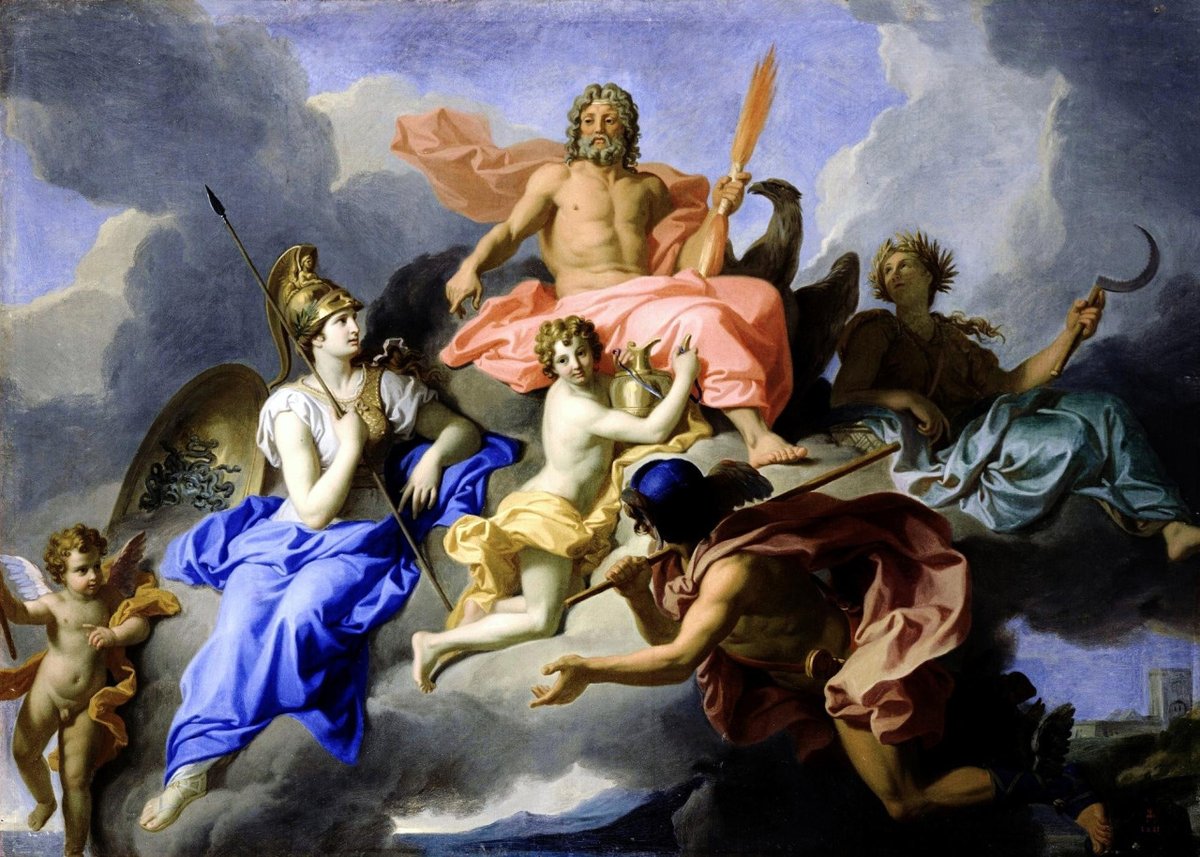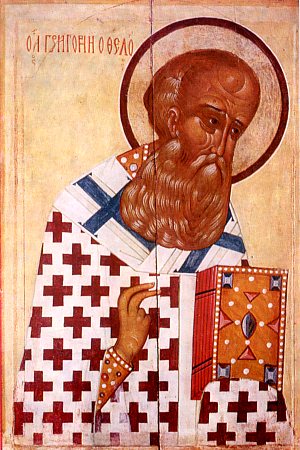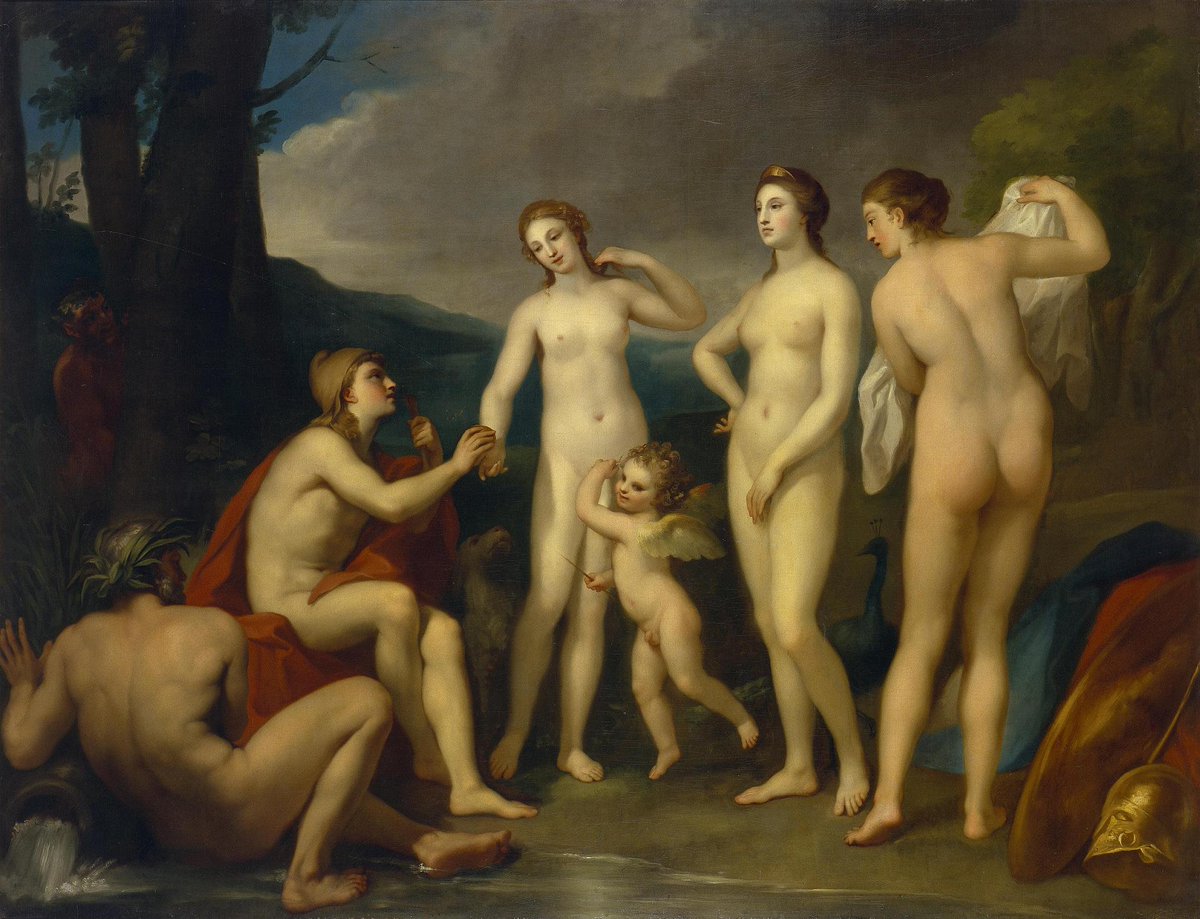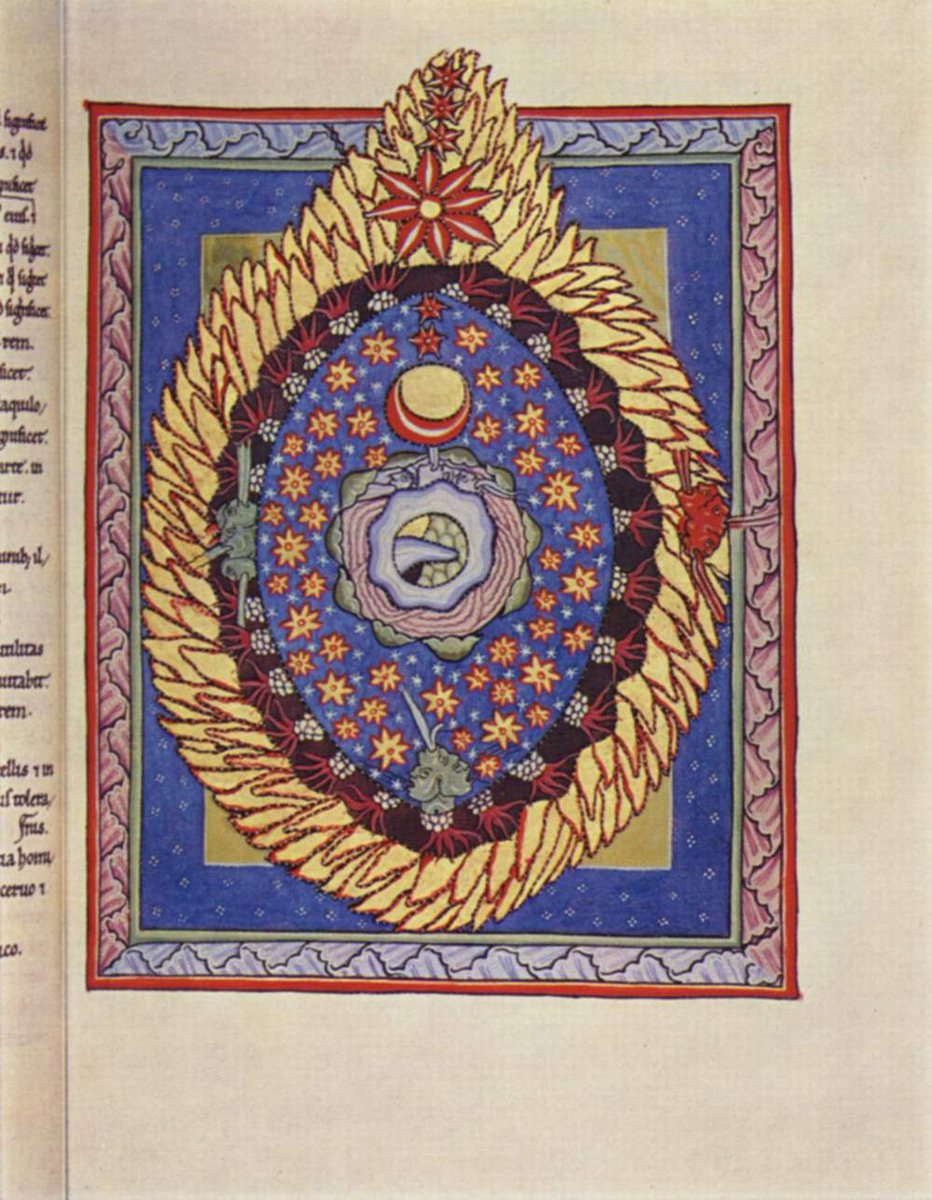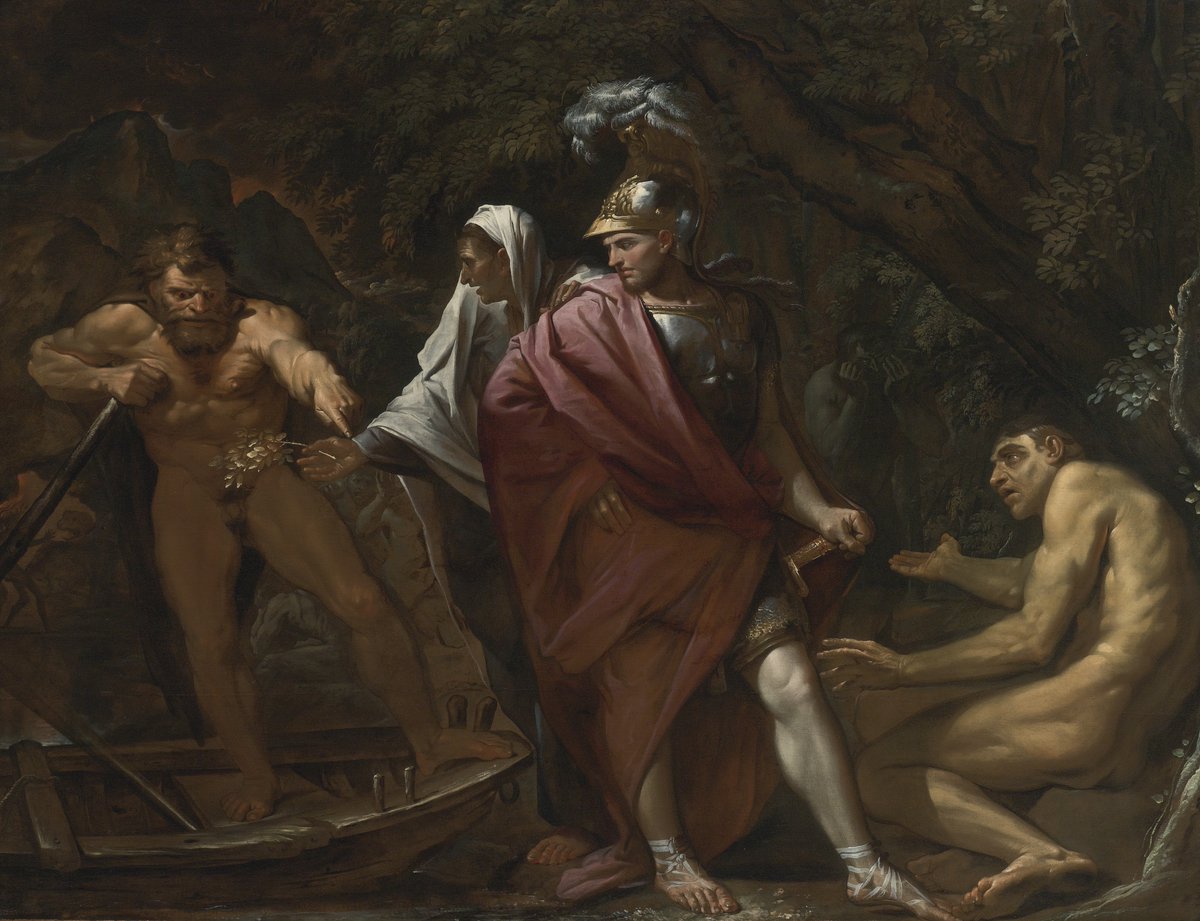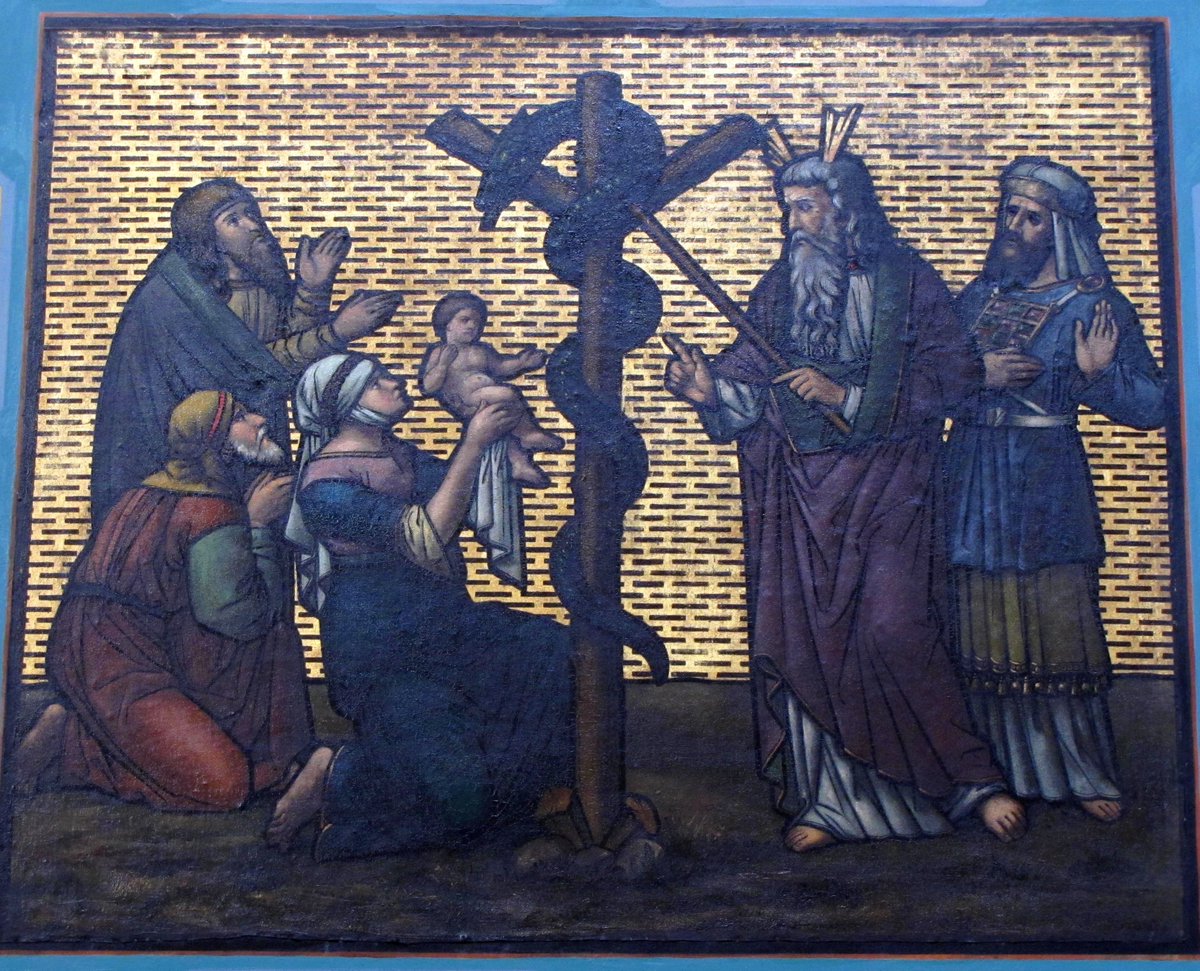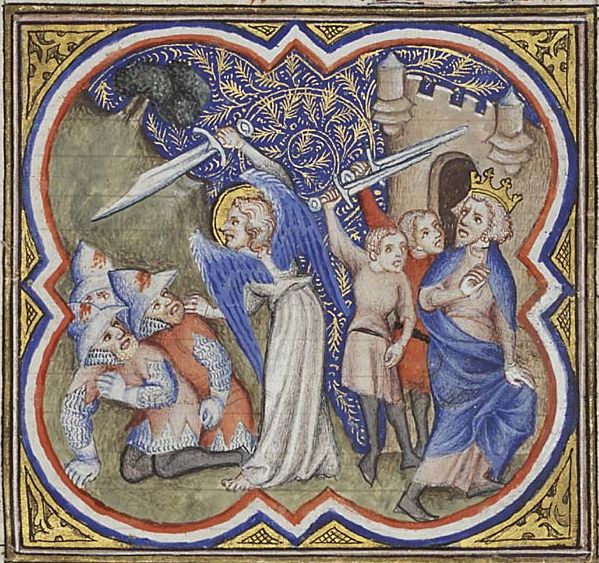Against Euhemerism.
Euhemerism is a school of thought with regard to gods and mythology that arose in antiquity. It cannot be forgotten that early Christians used it to attack pagans. And it has been used ever since, to some degree. But the man who came up it was himself a pagan
Euhemerism is a school of thought with regard to gods and mythology that arose in antiquity. It cannot be forgotten that early Christians used it to attack pagans. And it has been used ever since, to some degree. But the man who came up it was himself a pagan
Euhemerus(contemporary with Alexander the Great) wrote a book (that isn't extant) putting forward the idea that the gods were once human leaders that lived a long time ago. However, be cautious. Our major sources for Euhemerus are Christian writers, so I suspect distortion.
Two of those Christian writers, Lactantius and Eusebius, are well known distorters and even outright made things up. They used Euhemerus like they used other non-Christian writers. What reason Euhemerus wrote, we don't know, but pagans accused him of atheism for good reason.
This thread is for attacking Euhemerism's early sources. It is almost ridiculous, that some people took his book seriously. It was framed as a journey to a fictional, multicultural island utopia near Arabia. And there the character found birth and death registries for the gods.
What is more astounding is that some Christian writers seemed to take this at face value. As if Euhemerus actually took this journey and found this utopia where a big golden pillar had the birth and death of many gods recorded. That is plain ridiculous.
But at least we have more consistent information on Euhemerus. The other major sources(also known mainly or solely through Christians) are dubious not only in their content, but in their authors and origins as well.
A Leon of Pella is also supposed to have written along the lines of Euhemerus. An Egyptian priest(with a Greek name in that time?) in the time of Alexander the Great, who told Alexander the gods had been men, and then Alexander wrote a letter to his mother telling her this.
This strikes me has very suspicious. The name thing, can be explained away. But such a letter is highly suspicious, when in antiquity writers often used epistolary devices and false attribution to frame their own opinions and give them credence. The letter screams "forgery!"
By the way, I have a letter from Pope Gregory to his uncle confirming that Jesus was dead all along and his body was moved to be beneath the Vatican. I found it while I was cleaning.
And you all know that Pope Leo X said that Christ was a profitable fable for the Popish Church.
And you all know that Pope Leo X said that Christ was a profitable fable for the Popish Church.
Here is a collection of every mention of this Leon of Pella. I read every one of them and checked. Almost all the sources making claims are Christians. The pagan mentions of him only confirm a work called "To the Mother" and a rationalizing view of myths.
http://www.jasoncolavito.com/blog/leon-of-pella-the-mysterious-writer-who-claimed-egyptian-gods-were-human-kings
http://www.jasoncolavito.com/blog/leon-of-pella-the-mysterious-writer-who-claimed-egyptian-gods-were-human-kings
They can't get the story straight about the letter. Some said Alexander wrote it to his mother about what this Leon told him. Others said that Leon wrote it to Olympias, and Alexander was pressed into ordering her to burn it. Which begs the question; how would anyone know?
As it stands, it doesn't seem there was some big secret revealed by this Leo. He was just another Hellenistic writer trying to make mythology into history and reconcile different stories. If he was the person they claim, only Christians mention him in connection with Alexander.
Those who don't understand ancient pseudepigraphy, in particular Christian interpolations and forgeries, I invite to read about the Sibylline Oracles sometime. Jews and Christians were attributing their own material to pagan oracles.
Sanchuniathon is another important source, and it manages to be far more dubious than what I already related. Again, the only references are by a Christians(Eusebius). This has several issues that will need to be expounded upon. The first being that Eusebius is our source.
Sanchuniathon is claimed to have been a Phoenician priest who lived before the Trojan War, sometime in the late Bronze Age. He wrote a history based on the secret knowledge he gained from inscriptions on temple pillars originating from the Egyptian Ammon.
Now, there is no writing from this priest. It was a 1st-2nd century writer called Philo of Byblos who claimed to have translated this ancient Phoenician priest's writings. Alarm bells, right there. But I think it is even more obvious when you read it.
It gives a cosmogony, and the origins and history of humanity. Most gods in it, are said to have been ancient people that had stuff named after them. So "Sea" gave his name to the sea. Death, gave his name to death when people named dying after him(for no apparent reason).
A guy called GOD MOST HIGH(literally) had a son called Heaven and a daughter called Earth, who married and had a bunch of children. Later they separated, and Heaven was eventually overthrown by his son named El(God, also Cronus). I think it can be well understood how it goes.
There is constant reference back to Greek gods and Greek mythology. And Egyptian too, especially Thoth. The whole thing is like a jumble of Greek cosmological philosophy, historicized mythology, with some Semitic god names mixed in with Greek ones.
For example, the excerpts mention that Kronos/Il gave Attica to his daughter Athena. It also mentions the Samothracian Kabeiroi. And it even manages to disparage Hesiod and Greek poets(who would have lived long after). All this shows that this was not from before the Trojan War.
Philo of Byblos used a literary device of translating the writings of an ancient priest. From the fragments, I think there was a religious motive. He wanted to rationalize mythology and religion. Philo considered myths to be historical allegories, and had some reverence for Thoth
There is a reason Eusebius would emphasize that Sanchuniathon was supposed to have lived before the Trojan War. Jews and Christians had a huge inferiority complex towards the Greeks and Egyptians, and really wanted to prove that the Torah and Moses were older than them.
Eusebius quotes Porphyry(who wrote against Christians) as endorsing Sanchuniathon. It may be true that Porphyry of all people believed in this. However, I doubt it was in any way that would have helped the Christians. Makes me wonder what Philo of Byblos did write about the Jews.
It is not to Porphyry's credit if he took this account for truth, in my opinion. I doubt the endorsement of Porphyry. He is made to say that Philo's Phoenician history originated from a Yahweh priest. The Jews didn't even exist as an entity in the Phoenician bronze age.

 Read on Twitter
Read on Twitter